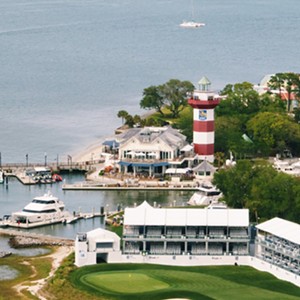FAULT LINES ARE SPREADING through Savannah.
The biggest crack in the earth became visible at the now-infamous townhall meeting in February, orchestrated by the mayor to give voice to public opinion about the city manager search.
In a local version of the racially-polarized O.J. Simpson verdict, at that meeting a stark verbal picture was painted of a white community clearly threatened by the changing demographic face of Savannah and a black community which in some ways still seems mired in ‘60s-era grievances and rhetoric.
It was incredibly depressing, and frankly quite shocking in its depiction of a community torn apart at the most fundamental levels and not entirely living in the 21st century.
Another crack in the wall -- literally -- came over the last week when City Manager Rochelle Small-Toney threatened to fire Police Chief Willie Lovett after he went to the media with complaints about the decrepit and dangerous facilities in which his officers have been forced to work on a daily basis for years.
That the threat against the well-respected Lovett came in the middle of a protracted violent crime wave which clearly demands the police department's full attention wasn't lost on an outraged public.
That Mayor Johnson initially chose to back up his city manager rather than neutrally moderate the debate also wasn't lost on observers.
Perhaps what is most immediately problematic for city officials -- other than the likely lawsuits over the health effects of the mold which has grown due to the neglect of basic repair -- is that Special Purpose Local Option Sales Tax money exists, and has existed, specifically to build a new public safety building.
Indeed, Lovett's frustration has been shared by several previous chiefs who also warned of the dangers of forcing officers to work in a compromised health situation and who also knew the funds existed to correct the problem.
What's the hold-up on the proper use of those taxpayer funds? That remains to be seen.
One thing we know for sure: We live in a city where an alderwoman was bailed out by taxpayers to the tune of $50,000-plus when her home was damaged by water, while our police are expected to work with rainwater leaking on their heads because city council won't do the right thing and help them out.
For some, the leaks are fixed. For others...
And this is the fault line I was talking about: The cold hard truth is that not everyone supports the police as much as you or I might, especially when the police are doing their job well.
When police chiefs are dedicated to arresting criminals, as Chief Lovett seems to be, it can make politicians look bad in comparison.
And it also puts the ball squarely in the court of city aldermen, county commissioners, judges and the district attorney to make sure those criminals are actually convicted and put in jail -- something which many elected officials are reluctant to do for various reasons.
Police chiefs tend to wield a great deal of power in any circumstance. But a chief of Lovett's stature, in today's Savannah, is especially powerful given the rapid recent decline in the overall credibility of many local officials.
Simply put, Chief Lovett is a threat to some people because he is one of the very few local leaders that everyone still trusts. Or almost everyone, apparently.
The ramifications of this particular seismic event are possibly dire.































